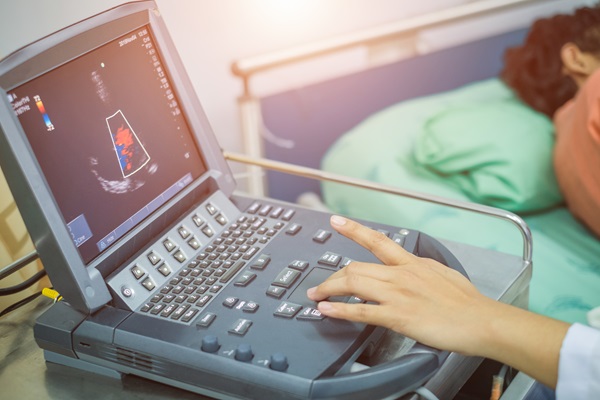A Heart Doctor Discusses 3 Common Cardiovascular Conditions

Considering seeing a heart doctor, also known as a cardiologist? Heart doctors have undergone special training in order to find, treat, and prevent heart disease in patients. This means they are fully trained in treating all types of cardiovascular conditions.
Heart disease symptoms
There are certain symptoms associated with heart problems and when someone is experiencing one or more of these symptoms, the next step is getting more detailed information from a cardiologist. This allows patients to understand what their symptoms mean and whether they are in need of additional treatment or simply need to be monitored. Some of the more common symptoms associated with heart disease include chest pain, indigestion, heartburn, nausea, fatigue, shortness of breath, swelling, and overall upper body discomfort.
3 Common cardiovascular conditions
Below is a list of some of the more common cardiovascular conditions that people are being diagnosed with nowadays.
1. Stroke
A stroke is a condition in which the blood supply to the brain is somehow interrupted. When this happens, it prevents the brain from getting the oxygen and nutrients it needs in order to function properly. The fact that brain cells can die within a matter of minutes makes strokes a medical emergency. Strokes are more likely to occur in patients who have been diagnosed with previous heart problems, which include heart failure, heart defects, heart infections, and abnormal heart rhythms. Preventing strokes requires one to live a healthy lifestyle, as positive lifestyle choices support a healthy heart.
2. Angina
Angina is a common cardiovascular condition that causes patients to experience chest pain because of a reduced amount of blood flow to their hearts. One of the more common causes of a reduction in the amount of blood flow to one's heart is coronary heart disease. There are different types of angina one can be diagnosed with, including stable angina, unstable angina, and Prinzmetal’s angina. Risks factors that increase one's chances of being diagnosed with this cardiovascular condition include using tobacco, being of older age, a lack of exercise, too much stress, having a family history, and being diagnosed with high blood pressure or high cholesterol.
3. Diabetic nephropathy
Diabetic nephropathy is also known as diabetic kidney disease. This cardiovascular condition is one that results as a complication of type 1 or type 2 diabetes diagnosis and affects the kidneys in a way that does not allow them to function properly. It is the job of the kidneys to remove waste products and extra fluids from the body and when the kidneys are no longer able to perform these functions, it increases one's chances of being diagnosed with cardiovascular disease. It is essential for patients who are living with this disease to undergo treatment, as they are at a higher risk of developing heart failure.
The bottom line
Have any questions for a heart doctor? When someone has a question related to their cardiovascular condition, it is ideal to ask a medical professional as this ensures that they will get the correct answers. While the above cardiovascular conditions are common, there are many more someone can be diagnosed with. This is why it is so essential for everyone to undergo regular physical examinations so they can understand the current health of their heart.
Get more information here: https://boyntonbeach.floridapremiercardio.com or call Florida Premier Cardiology at (561) 229-1411
Check out what others are saying about our services on Yelp: Heart Doctor in Boynton Beach, FL.
Recent Posts
Echocardiograms use ultrasounds, or sound waves, to quickly and efficiently get information about your heart. A cardiologist uses an echocardiogram when they have questions or concerns about the size, shape, and performance of your heart and its structures, such as the valves and chambers. This minimally invasive procedure can help cardiologists identify and diagnose various…
Vascular heart disease affects over 8 million people in the United States, according to the Centers for Disease Control and Prevention (CDC). Vascular disease treatment has traditionally been associated with open-heart surgery to repair or replace the affected heart valve, which can cause health complications and lead to extensive hospital stays and recovery time. Additionally,…
While chest pain may be uncomfortable, anxiety-inducing, and signal a more serious issue, a cardiologist can diagnose the source of the issue and provide treatment. This treatment plan will help patients manage this dull or sharp pain, often involving simple lifestyle changes that improve not only heart health but also one's overall sense of well-being.Getting…
Heart specialists diagnose and treat diseases or conditions of the cardiovascular system. These medical practitioners, also known as cardiologists, have specialized knowledge and skills to assess and manage conditions affecting the heart and blood vessels. If you are concerned about diseases affecting your cardiovascular health, a heart specialist can diagnose and treat these issues and…


